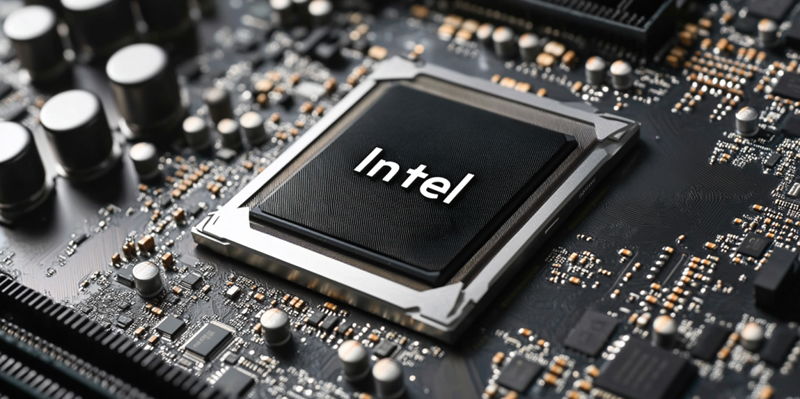Intel’s foray into the desktop GPU market has been met with both anticipation and skepticism in recent years. Despite a lukewarm reception to previous releases, Intel continues to press forward with its ambitious plans. The impending launch of the Battlemage architecture, expected by mid-December, marks an important milestone in Intel’s GPU lineup. This anticipated release is not just another product launch; it embodies Intel’s enduring commitment to carving out a significant space in an already competitive market dominated by established players like NVIDIA and AMD.
The roadmap for Intel’s GPU strategy is indeed intriguing. After Battlemage, the company plans to introduce two more generations of desktop GPUs named Celestial and Druid. Renowned leaker @jaykihn0 has supported the notion that Intel remains steadfast in its goal of regular GPU releases while placing significant emphasis on improving integrated GPU performance in laptops. Such a strategy implies a potential shift towards prioritizing mobile GPUs over desktops, indicating Intel’s broader vision of a cohesive ecosystem where integrated and dedicated GPUs complement each other seamlessly.
Celestial, set to succeed Battlemage, will feature the Xe3 architecture, which promises enhancements over its predecessor, though specifics remain under wraps. Following Celestial, the Druid lineup will make its debut, featuring the Xe-Next architecture, and is expected to compete with GPUs that are two generations ahead. This forward-thinking approach highlights Intel’s resolve to stay relevant and competitive. The company’s determination to push boundaries with consistent releases showcases a robust long-term vision aimed at capturing market share and improving both desktop and mobile GPU performance.
Ultimately, Intel’s proactive strategy suggests that it is far from conceding defeat in the GPU market. Instead, Intel is gearing up for a sustained challenge against its rivals through continuous innovation and product development. The imminent release of the Arc Battlemage SKUs will be a crucial test that will set the stage for Intel’s future endeavors in this sector. As the industry closely watches Intel’s moves, the company remains resolute in its mission to establish its footing and competitiveness in the GPU landscape, a testament to its enduring belief in the potential of its technology.

